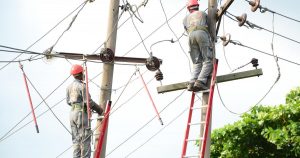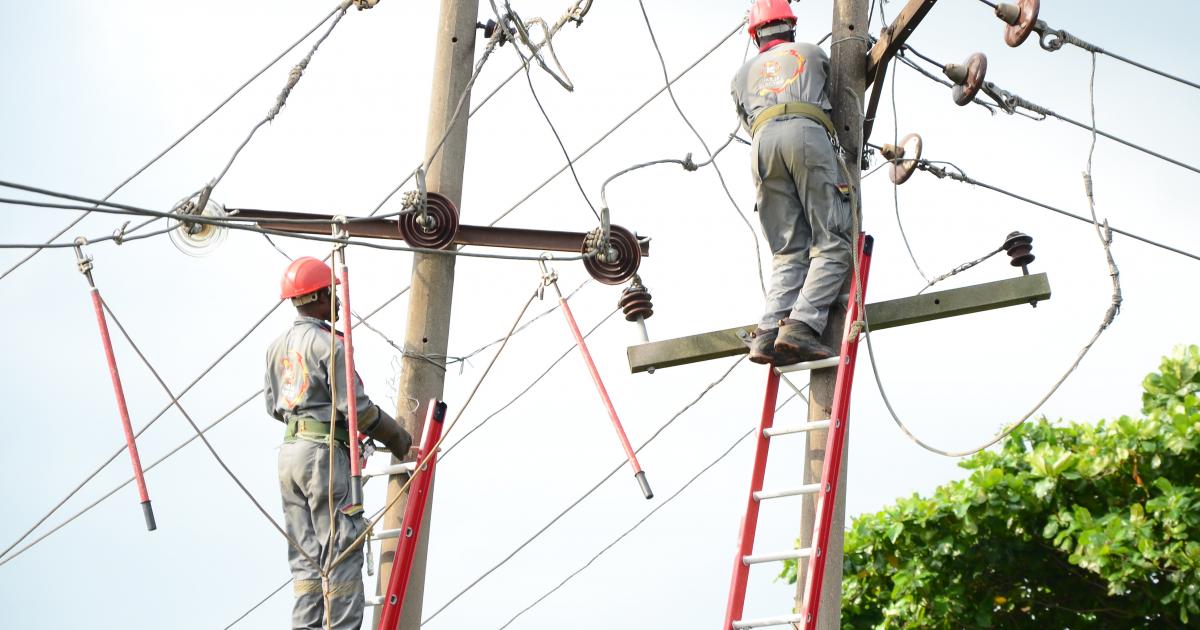Nigeria would need to generate no less than five billion megawatts of electricity each year to address the chronic energy deficiency in the country, recent study has indicated.
With this huge energy deficiency which has robbed Nigerians of the opportunity to live good and healthy lives, the country needs to consider strongly come up the right energy mix that out that will urgently bridge the gap.
President of the National Association for Energy Economics Prof. Yinka Omorogbe, who spoke on this yesterday, noted that going the recent study which showed that a person needs 75 gigajoules of energy a year needed to live a good and healthy life which translates to 25 megawatts a year per person in Nigeria, only 632.4 people can live a good and healthy with Nigeria’s 13,000 megawatts total installed capacity of energy.
Speaking at the opening of the ongoing 15th National Association For Energy Economics/ International Association For Energy Economics NAEE/IAEE annual conference in Abuja, yesterday, Omorogbe said Americans are using 284 megawatts per person indicating a gross energy deficiency in Nigeria.

“With 200 million people, 13,000 megawatts total installed energy capacity, only 632.4 people can live a good and healthy in Nigeria 13,000 megawatts total installed capacity of energy” she said.
The conference themed, “Energy Transition and Climate Change:Pathways for Sustainable Development in Africa, Omorogbe said that renewables play an essential role in Africa’s Energy Mix, so does petroleum.
According to her, renewables are probably the primary hope for the 50 per cent of Nigerians and presents great potential for off-grid communities in Nigeria and other African countries.
She said that decisive action is needed to provide access to clean energy for those presently living without it.
“Energy access should be just, inclusive, and equitable, with no one left behind,” she stated.
Also speaking, executive secretary of the Petroleum Technology Development Fund (PTDF), Dr Bello Aliyu Gusau, said the exploitation of hydrocarbon will play an important role in shaping Africa’s energy future as well as its quest to meet its developmental aspirations.
Gusau, who was represented general manager, Strategy Planning and Documentation, PTDF, Jide Adebulehin noted that some African countries are rising to the challenge and have robust plans in place to finance this transition from its hydrocarbon resources.
This strategy, he said, is necessary because most countries with abundant hydrocarbon resources would have to completely overhaul their energy mix especially in the transportation and industrial sectors of the economy in order to successfully meet a Net Zero emission target by 2050 in-line with targets set by the International Energy Agency (IEA).


